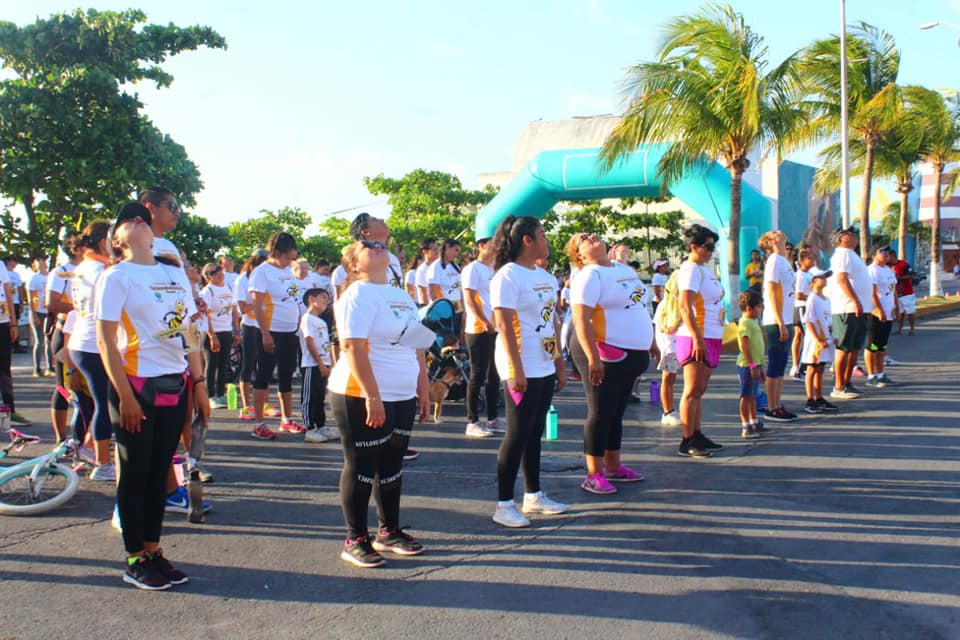
May 20th: World Bee Day Celebrated & Important in Cozumel
International World Bee Day was celebrated with much fanfare here on Cozumel. In fact, on May 19th the group “Bee Friendly Cozumel” hosted their 1st annual walk/run to draw attention to the plight of the bees. Bees are responsible for pollinating plants, without this important act the world food supply would be drastically reduced.
For example, crops such as apples, cranberries, melons and broccoli depend on bees. Some crops, including blueberries and cherries, are 90-percent dependent on honey bee pollination. One crop, almonds, depends entirely on the honey bee for pollination at bloom time.
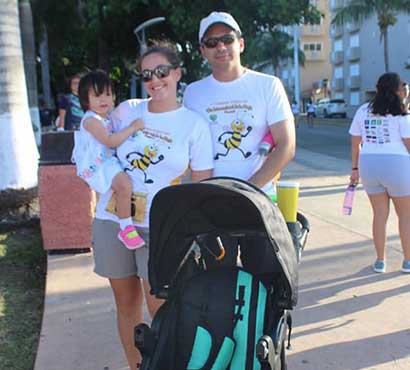
Bee Friendly Cozumel
is a group of island residents who, seeing the current situation of facing bees, have organized themselves to rescue bees and help save them
Martha Chavez started 7 years ago with the honey bee rescue work back then she and her group only rescued honey bees – since they didn’t have apiaries for all of the different bee types. They responded to bee infestations in trees, and vacant lots because the community called seeking assistance. About 10 months ago “Bee Friendly Cozumel” started working with firefighters to do the rescues together, and together they have rescued approximately 35 honey bee hives that were on tires, on walls, on rocks, on trees, on roofs each with some difficulty each rescue takes us between 2 to 3 hours that depends on how complicated the place where it’s located. Bees that we rescue are taken to our apiary.
The Bee Friendly Cozumel project

We started working just with our own resources, but now some people have donated equipment – and through the work of various fundraisers – like the 5K walk/run – we have some additional resources but our first priority is to make the Cozumel community aware that we take care of the bees – and don’t just kill them – we want to generate a culture of awareness in Cozumel that the citizens see a hive and know that it’s important to be patient and conduct the proper rescue so that the bees are rescued and taken to an apiary where they can have their own hive.
Later when we have a significant number of hives, these hives will generate honey and pollen and everything that the beehive has to harvest then that’s where it will start generating jobs.
We also want to go to schools so that the little ones who are the future of Cozumel will learn and appreciate nature and to make the community aware of the life of bees and how work in the environment and in our garden with pollination the project aims to be sustainable and with these actions and a perseverance we will achieve a project that generates awareness to the community, we will protect bees, give preschool, primary and secondary schools, high schools and more facilities to do some kind of project or research, generate jobs and obtain local raw material generate products and with the sale of them to continue working to buy what the apiary requires: core boxes, frames, stamped wax and protectie suits to be able to continue caring for and working the beehives. For more information on “Bee Friendly Cozumel” check out their Facebook Page.
Honey from this Area is Considered to be Some of the Best in the World.
The Yucatan Peninsula generates nearly 1/3 of all the honey produced in Mexico. In fact, the Yucatan honey is especially prized in areas of Europe, including France and Germany.
Attributed to the excellence of the area’s honey is a number of factors, including the co-mingling of the European honey bee (apis mellifera) and the Melipona bee, indigenous to the area and without a stinger.
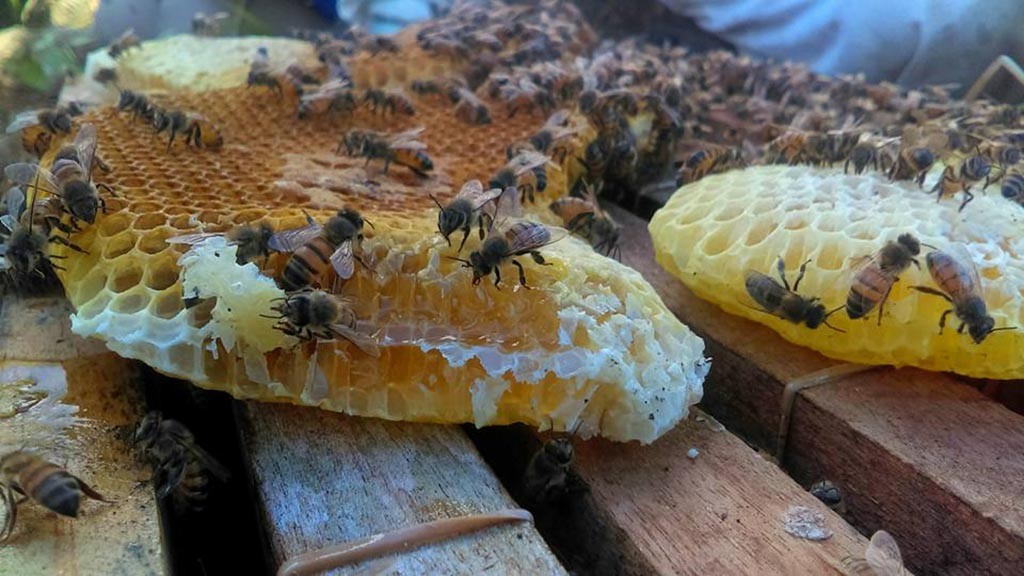
The European bees were introduced to the area in 2011, and is known for it’s large production. The Melipona bee has been in the peninsula since the pre-hispanic area, and is accredited with creating a honey rich in both medicinal and regenerative properties.
With high vitamin and mineral content, Yucatecan honey’s uses range from the gourmet to natural remedies. Health benefits include use as an anti-inflammatory, respiratory illness preventative, skin exfoliant, lip, face, and hair moisturizer, and healing agent for burns and acne scars.
Another advantage of Yucatecan honey is that it does not expire, keeping its benefits over long periods of time
Honey produced in the Yucatan Peninsula is considered to be unequalled flavor, body, vitamin content, dark amber color, and high quality.
Se celebro el Día Mundial de la Abeja el 20 de mayo y es importante en Cozumel
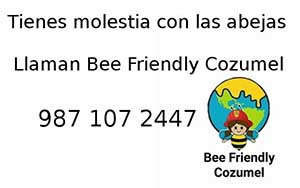
Con gran fanfarria se celebró en Cozumel el Día Internacional de la Abeja. De hecho, el 19 de mayo el grupo Bee Friendly Cozumel organizó su primera carrera/caminata para llamar la atención hacia la difícil situación de las abejas. Las abejas son responsables de polinizar las plantas. Sine esta importante acción el suministro mundial de alimentos disminuiría drásticamente.
Por ejemplo, cultivos tales como las de las manzanas, arándanos, melones y brócoli dependen de las abejas. Cultivos como las moras azules y cerezas, dependen 90 por ciento de la polinización de las abejas. Un cultivo que depende completamente de la polinización en tiempo de floración es la almendra.
Bee Friendly Cozumel
es un grupo de habitantes de la Isla quienes al ver la situación actual que enfrentan las abejas, se han organizado para rescatarlas y ayudar a salvarlas.

Hace 7 años Martha Chávez comenzó con la labor de rescate de abejas cuando ella y su grupo solo rescataban abejas melíferas, pues no contaban con apiarios suficientes para los distintos tipos de abejas. Daban respuesta a la infestación de abejas en los árboles y en lotes baldíos pues la comunidad llamaba solicitando ayuda. Hace casi 10 meses Bee Friendly Cozumel comenzó a trabajar con los bomberos para realizar rescates conjuntos, y juntos han rescatado alrededor de 35 enjambres que se encontraban en llantas, muros, rocas, árboles, techos; cada una con dificultad pues cada rescate tarda entre 2 a 3 horas dependiendo qué tan complicado es llegar al sitio donde se localicen. Las abejas que rescatamos son llevadas a vuestro apiario.
El proyecto Bee Friendly Cozumel
Comenzamos a trabajar tan solo con nuestros propios recursos; ahora varias personas han donado equipo, y a través del trabajo realizado por diversas recaudaciones tales como la caminata/carrera5K, contamos con recursos adicionales, pero nuestra principal prioridad es hacer que la comunidad de Cozumel sepa que cuidamos de las abejas, y no las matamos. Deseamos general una cultura de sensibilización en Cozumel para que cuando vean un enjambre sepan cuán importante es tener paciencia y que se realice el rescate adecuado para salvar a las abejas llevándolas hacia un sitio donde puedan tener su propia colmena.
Más adelante, cuando contemos con una cifra importante de colmenas, éstas generarán miel y polen, y todo aquello que el panal de abejas entonces tenga para cosechar es cuando comenzamos a generar empleos.
También deseamos acudir a las escuelas para que los pequeños, quienes son el futuro de Cozumel, aprendan y aprecien la naturaleza, y la comunidad conozca la vida de las abejas, cómo trabajan en nuestro medio ambiente y nuestros jardines a través de la polinización. Nuestro proyecto tiene como objetivo ser sustentable, y con estas acciones y perseverancia lograremos tener un proyecto que sensibilice a la comunidad, así podremos proteger a las abejas, bridar a los chicos en nivel preescolar, de primaria, secundaria y preparatoria más facilidades para que creen algún tipo de proyecto o investigación; se generarán empleos y se obtendrá materia prima local para general productos, y con la venta de éstos, continuar trabajando para comprar lo que el apiario necesita: colmenares, bastidores, cera estampada y trajes de protección para continuar cuidando y trabajando las colmenas. para más información acerca de Bee Friendly Cozumel, visiten su página en Facebook
La miel producida en esta zona está considerada como la mejor en el mundo.
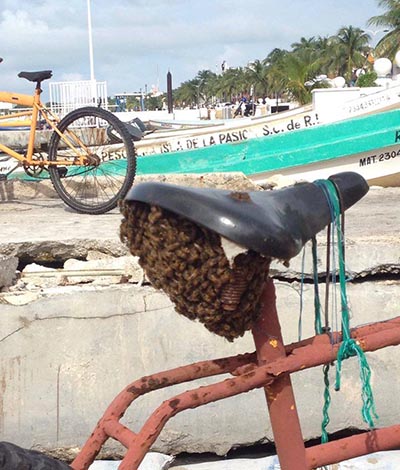
La península de Yucatán genera cerca de 1/3 de la miel que se produce en México. De hecho, la miel de Yucatán es sumamente apreciada en diversas áreas de Europa, incluyendo Francia y Alemania.
Se le atribuyen una serie de factores a la excelencia de la miel de la zona como lo son la integración de las abejas melíferas (Apis mellifera) europeas y la abeja melipona, originaria de la zona y sin aguijón.
Las abejas europeas fueron introducidas a la región en el año 2011, y son conocidas por su gran producción. La abeja melipona ha estado en la península desde la época prehispánica y se le atribuye la creación de una miel rica tanto en propiedades medicinales como regenerativas.
Con un gran contenido de vitaminas y minerales, los usos de la miel yucateca van desde la gastronomía hasta los remedios naturales. Sus beneficios incluyen su uso como antiinflamatorio, preventivo para los padecimientos respiratorios, exfoliante; humectante para los labios, cara y cabello; y agente cicatrizante para quemaduras y cicatrices a causa del acné.
Otra ventaja de la miel yucateca es que no tiene fecha de vencimiento, manteniendo así sus beneficios durante largos periodos.
Se considera que la miel producida en la Península de Yucatán tiene un sabor inigualable, cuerpo, tiene. contenido vitamínico, su color es ámbar obscuro y es de elevada calidad.
______________________________
Una ex yanqui de Connecticut quien llama hogar a Cozumel desde hace más de 15 años. Laura escapó al Caribe hace años, desplazándose de una isla a otra dando clases de BUCEO. Se dedicó a perder el tiempo en Jamaica y finalmente se detuvo en Cozumel para pasar unas vacaciones de 2 semanas que aún no terminan. Convenciendo a sus padres que pagaran una elegante universidad privada, obtuvo su título en Periodismo y Laura crea semanalmente Cozumel 4You, medios sociales y artículos promocionales sobre la Isla y también es moderadora en el grupo Cozumel 4 You en Facebook que actualmente cuenta con 25,000 miembros. Fabián, s umuy tolerante marido, desde hace mucho tiempo se resignó a no tener vida privada, pues se ha visto implicado en los diversos proyectos y planes que urde Laura. Son orgullosos padres de diversos perros y gatos rescatados. Mientras contempla su paso a través de la vida en el Caribe mexicano,Laura continúa siendo la pesadilla en la existencia de su muy tradicional suegra mexicana.
- Cozumel Streets - February 13, 2026
- Cozumel Ceviche - February 13, 2026
- Cozumel 4 You NEWS February 13, 2026 - February 12, 2026
An ex-Connecticut Yankee who has called Cozumel home for over 18 years, Laura ran away to the Caribbean years ago, bumped around the islands teaching SCUBA diving, lost some time in Jamaica, and finally stopped in Cozumel for a 2 week vacation that hasn’t ended yet. With a degree in Journalism from a fancy private college she convinced her parents to pay for, Laura writes, edits, and creates the weekly Cozumel 4 You news, social media, and promotional articles about the island, as well as moderates the Cozumel 4 You Facebook group, which currently has over 25,000 members. Her long suffering husband, Fabian, has long since resigned himself to having zero private life, as he’s been involved in her various schemes and plots since his arrival. Proud parents to a variety of rescue dogs and cats, Laura continues to be the bane of her traditional Mexican mother-in-law’s existence, as she muses her way through life in the Mexican Caribbean. ______________________________ Una ex yanqui de Connecticut quien llama hogar a Cozumel desde hace más de 15 años. Laura escapó al Caribe hace años, desplazándose de una isla a otra dando clases de BUCEO. Se dedicó a perder el tiempo en Jamaica y finalmente se detuvo en Cozumel para pasar unas vacaciones de 2 semanas que aún no terminan. Convenciendo a sus padres que pagaran una elegante universidad privada, obtuvo su título en Periodismo y Laura crea semanalmente Cozumel 4You, medios sociales y artículos promocionales sobre la Isla y también es moderadora en el grupo Cozumel 4 You en Facebook que actualmente cuenta con 25,000 miembros. Fabián, s umuy tolerante marido, desde hace mucho tiempo se resignó a no tener vida privada, pues se ha visto implicado en los diversos proyectos y planes que urde Laura. Son orgullosos padres de diversos perros y gatos rescatados. Mientras contempla su paso a través de la vida en el Caribe mexicano, Laura continúa siendo la pesadilla en la existencia de su muy tradicional suegra mexicana.
Cozumel Establishes Permanent Reef Restoration Program at Chankanaab Park
Cozumel Establishes Permanent Reef Restoration Program at Chankanaab Park by Moises JH...
ByLaura WilkinsonMay 22, 2019Volunteers Cozumel Coral Reefs
Nearly 400 Volunteers Helped Cozumel Coral Reefs in 2025 Nearly 400 locals...
ByLaura WilkinsonMay 22, 2019Cozumel’s Christmas Bat Count
Counting Wings in the Dark: Cozumel’s Christmas Bat Count On warm December...
ByLaura WilkinsonMay 22, 2019Cozumel Hurricane Season 2025
Cozumel & Quintana Roo Finish 2025 Hurricane Season Without Incident As the...
ByLaura WilkinsonMay 22, 2019






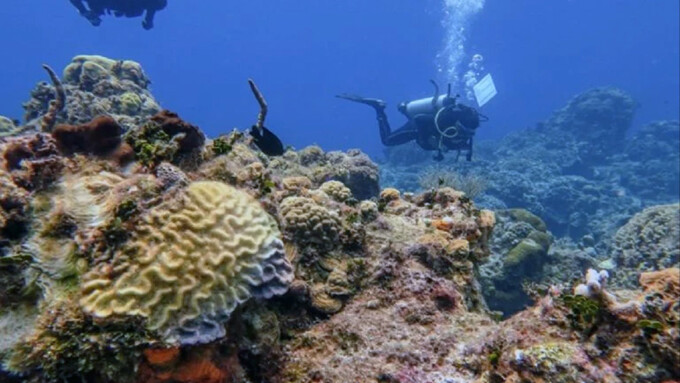
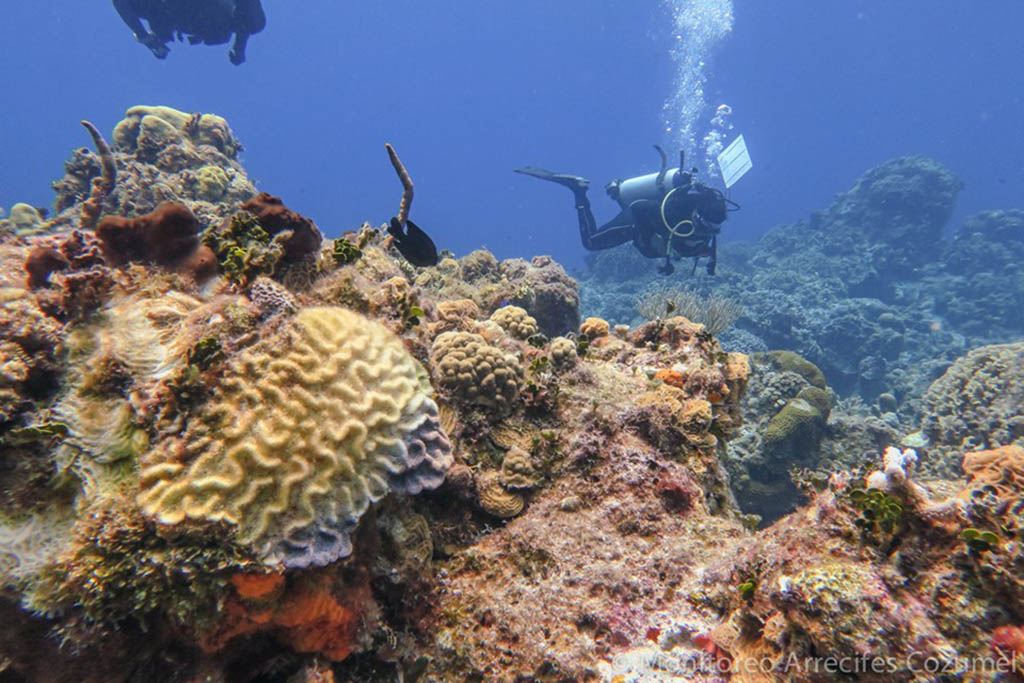
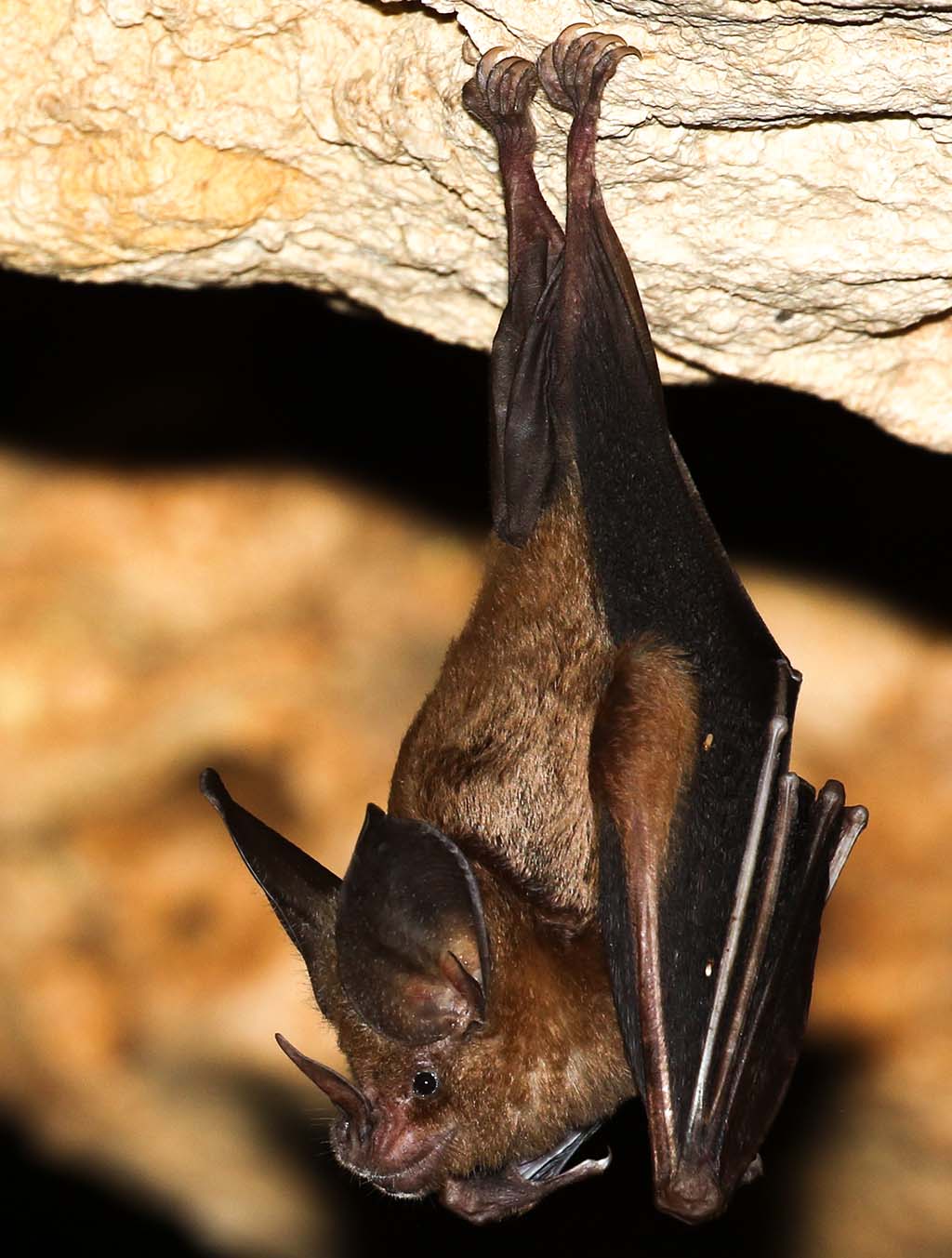
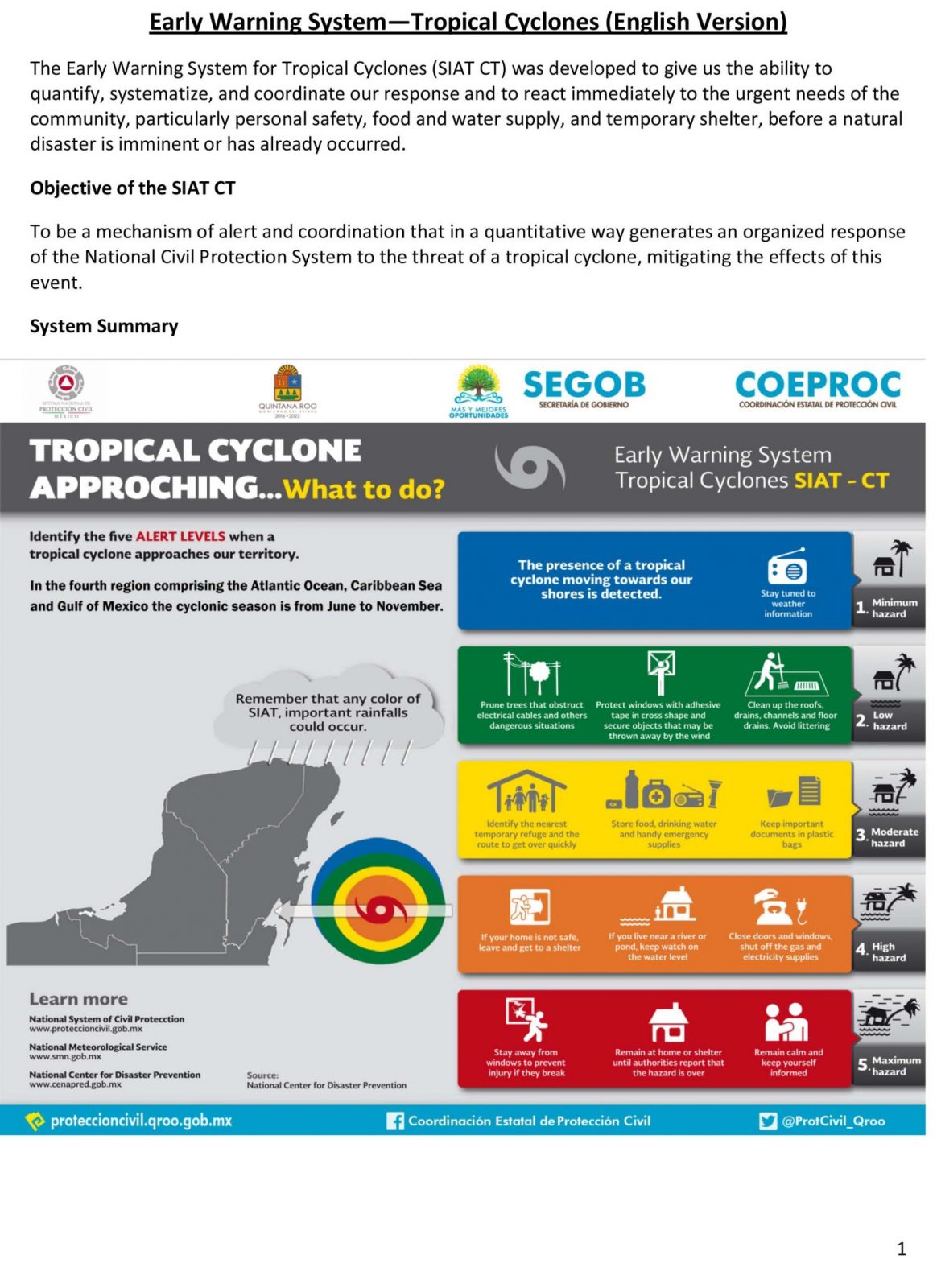







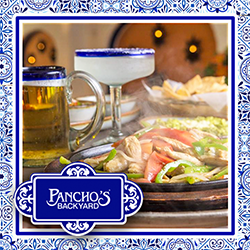

Leave a comment